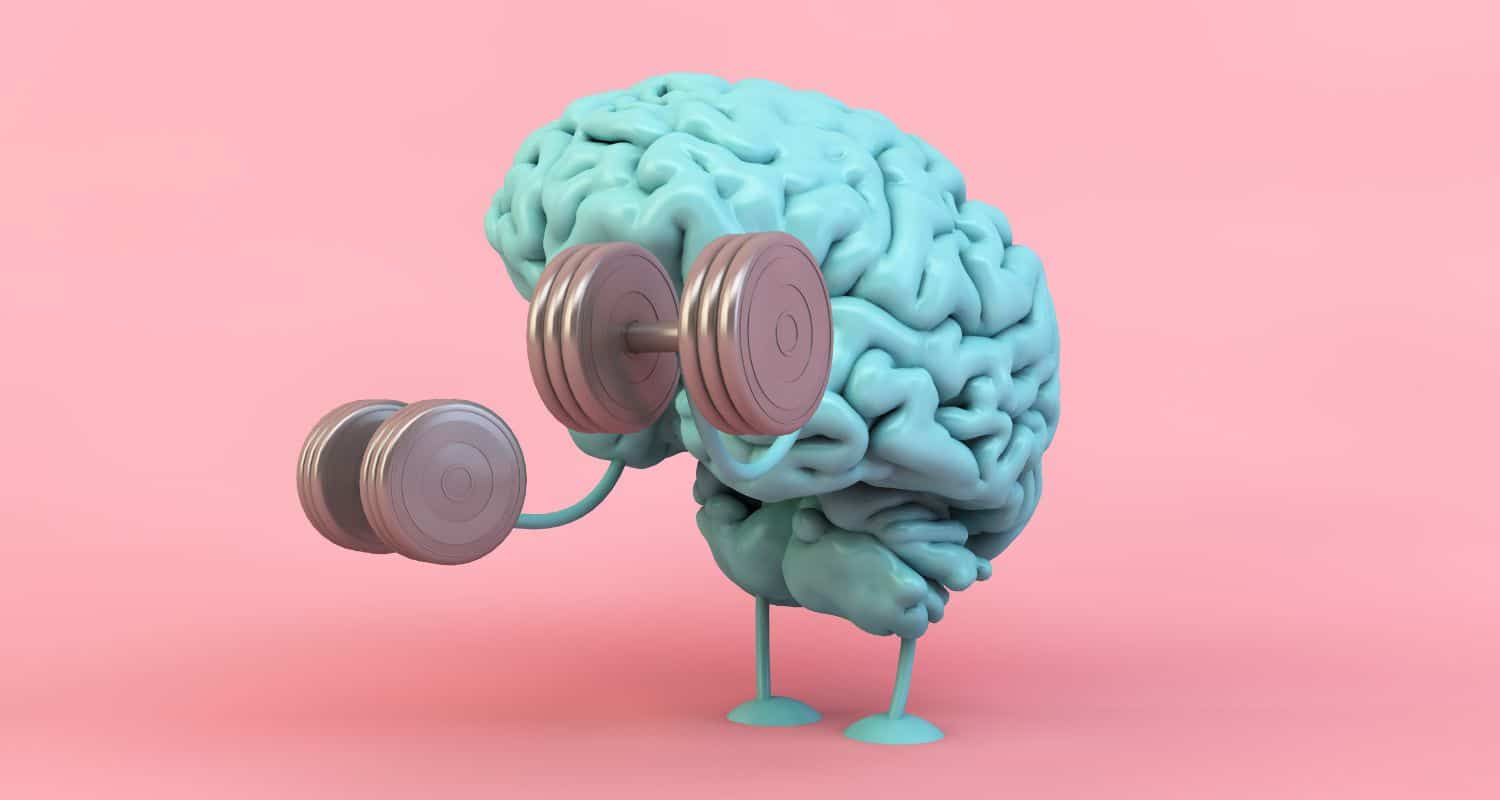
- Common Misconceptions That Delay Hearing Loss Diagnosis - June 6, 2025
- Signs Your Earwax Buildup Needs Professional Attention - May 29, 2025
- Preparing for a Hearing Test and What You Should Bring - May 16, 2025
It can be hard for anyone to hear in a noisy restaurant, bar, or party. However, for those with hearing loss—even those who address the issue, it can take a bit of extra focus and practice.
We collect sounds with our ears but listening and comprehension all happen when sounds reach our brain. Hearing loss often doesn’t happen all at once but slowly over years, impeding the delivery of certain tones, pitches, and sounds. This can leave breaks in words that just don’t reach our brain and causes our brain to work overtime to comprehend. Deciphering the difference between sounding consonants such as “b” and “v” or “f” and “sh” can not only add confusion when trying to converse, potentially putting you in embarrassing situations. It also leads to chronic brain fatigue over time, making social situations exhausting and draining, rather than activities in building closeness and shared experience. Our hearing loss isn’t going anywhere, but the good news is that you can train your brain to hear better in noise.
Hearing Loss and the Brain
The most common type of hearing loss comprising 90 percent of all cases is sensorineural. This denotes damage to the cells of the inner ear- the sole transport and delivery system for sounds from the inner ear to the brain. These tiny hair-like cells rest inside the fluid filled and snail shaped cochlea and are incredibly fragile. Anything from exposure to excessive noise for too long, to impact to the head, unchecked health conditions, infection and even just advanced age can all put a strain on these cells, causing cell death and impeded hearing.
This doesn’t happen all at once in most cases. Instead hearing loss happens in subtle increments over time. This makes it difficult to diagnose and also often gives the impression that it is not as serious of an issue as it may seem. When hearing loss goes unaddressed—even a mild case, it can contribute to social isolation, decreased self esteem, chronic depression, social anxiety and even decreased cognitive performance.
Treating a Hearing Loss
While hearing loss is a permanent condition, it can be treated using hearing aids. These amazing devices rest in or around your ear canal and amplify all the sounds you need to hear in your environment, based on your latest hearing exam. Even so, it is going to take focus to learn to process sounds, after years without treatment. You may be able to hear very clearly when you are in a controlled sound environment but struggle to hear at a party, which can be very frustrating! Here are a few tips to improve your ability to hear in noisy places. They say the more you utilize your brain, the sharper it will be and we concur!
Strengthening Localization
We need both our ears to help us hear. Two ears help our brain to perceive the proximity, location and approaching speed of sound. This is more essential than many of us understand for keeping us aware of our environments and improving our reaction time to unexpected events. It also helps improve our ability to distinguish the location of a speaker in a crowd.
One method to strengthen localization is to play a sound over a speaker in a room while playing a conflicting sound from a separate location in the same house. Now, ask a family member or friend to read a book while pacing about the house. Practice closing your eyes and repeating the sentences they are reading to you out loud. Overtime, this will train your brain to be more spry in following the location of sounds in noise.
Practice Listening Skills
Today we can use technology to our advantage. Most smartphones, tablets and computers offer games and programs which can challenge your brain to hear better in noise. One popular app, called AB CLIX is designed to aid in distinguishing between words, in both quiet and noisy environments. Another popular favorite which comes with high reviews is the HAPPYNeuron app, which employs sound-focused games to aid in memory concentration and to react to sounds with added confidence.
Deal with Hearing Issues
If you haven’t addressed a possible hearing loss it’s important that you schedule an exam right away. We can help you find the best solution to help ease your communication skills and have you socializing again in crowded places with confidence. Schedule your next hearing exam with us now!
